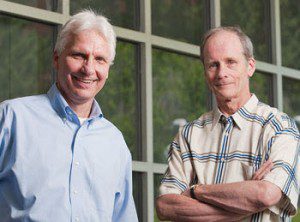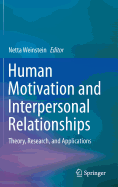August 18th 2014.

Scientists Richard M. Ryan from the University of Rochester and Christina Frederick from the University of Southern Utah have taken an extensive look at the concept of subjective vitality as a reflection of well-being.
Ryan and Frederick argue that subjective vitality is enhanced when the basic psychological needs for autonomy, competence, and relatedness are satisfied. They especially emphasize the role of autonomy on energy levels—when the action comes from one’s own decisions, as opposed to being demanded to think or behave in a certain way by someone else. While autonomous behavior can maintain or enhance levels of energy, controlled behavior feels like a drain on personal energy. As a manager or director, this means that giving more freedom to employees can improve their feelings of well-being—and perhaps their productivity.
In one study, Ryan and Frederick found that when samples from both a pain and a weight-loss clinic reported more controlled reasons for being in treatment, they showed less vitality than than those who had autonomous reasons for participating.
This shows that intrinsic motivation increases the level of subjective vitality, or our perceived energy level. Autonomy can thus foster feelings of energy and well-being. So if you want higher energy levels from your team members, make sure to give them autonomy over their own tasks.
For more information:
http://lifehacker.com/the-complex-relationship-between-happiness-and-motivati-1623287744
Originally published by Alina Vrabi





 I don’t know about you, but when it comes to managing my finances, I can often come up with a whole list of things I’d much rather do … including cleaning out the fridge.
I don’t know about you, but when it comes to managing my finances, I can often come up with a whole list of things I’d much rather do … including cleaning out the fridge.
 A New [SDT] Study…
A New [SDT] Study…